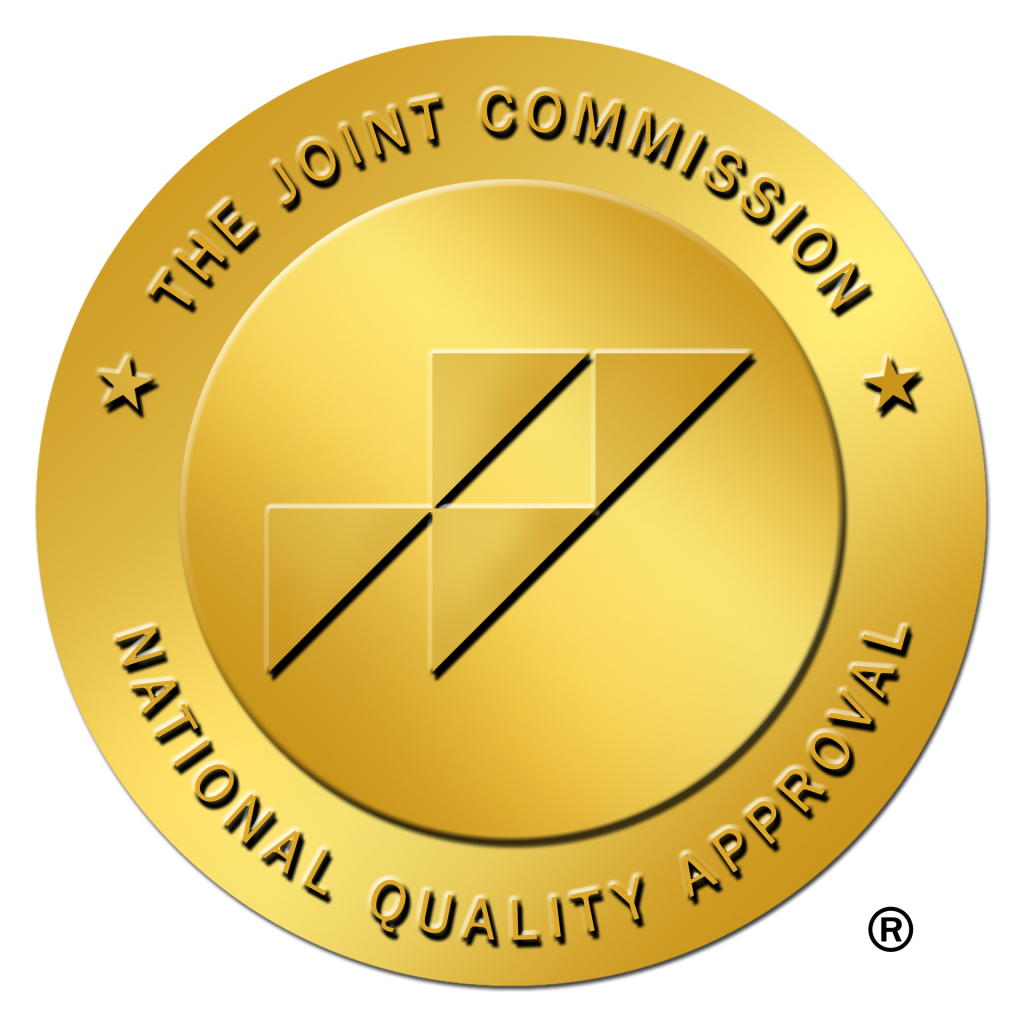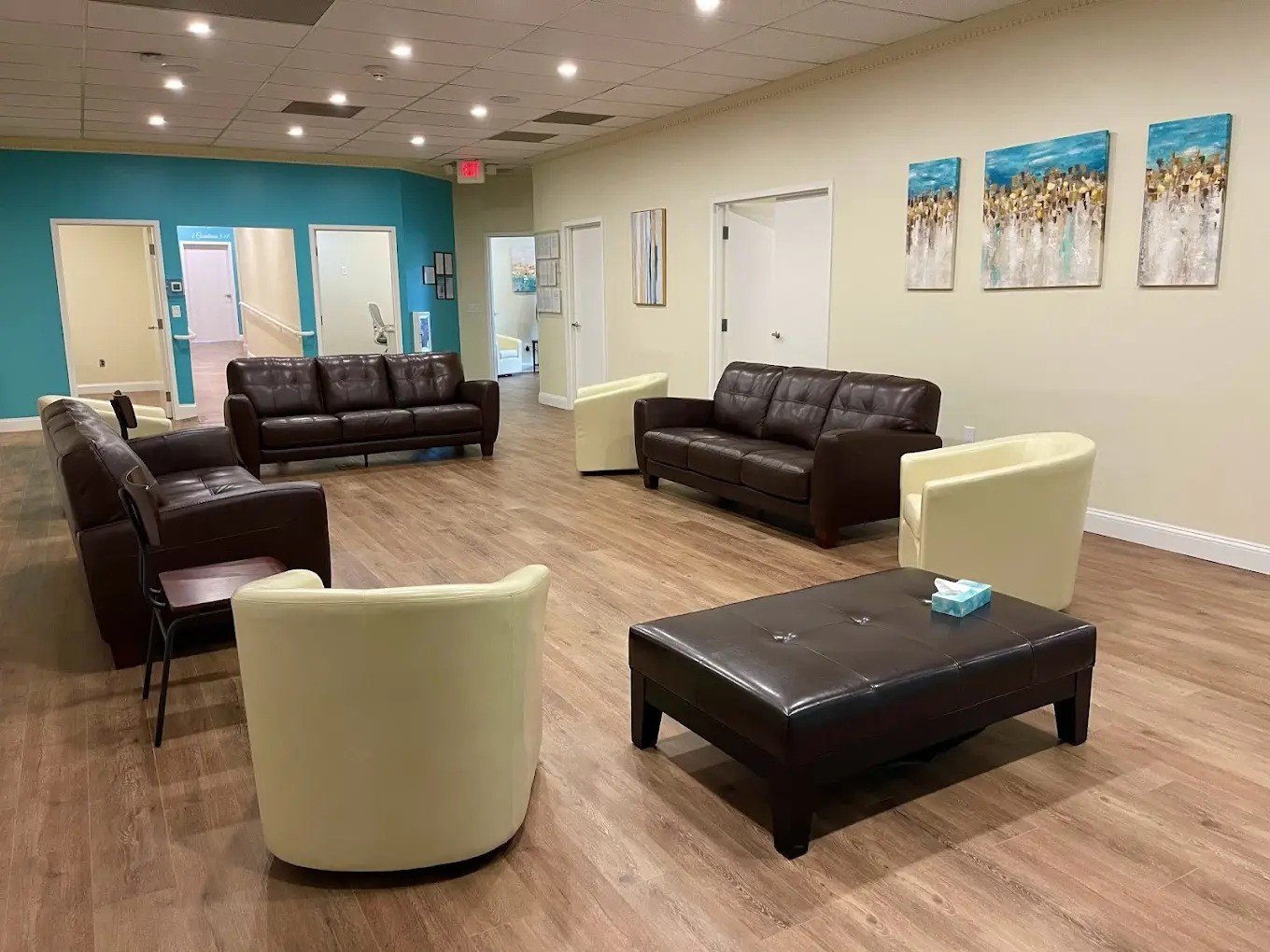Addiction Treatment Programs Nj
Exploring Addiction Treatment Programs in NJ
New Jersey offers a variety of addiction treatment programs that cater to the unique needs of individuals struggling with substance use disorders. The state has developed a comprehensive network of treatment services ranging from outpatient care to specialized programs. As such, addiction treatment programs NJ are designed to accommodate diverse populations, including working professionals, veterans, and those with co-occurring mental health conditions.
Facilities like New Chapter Recovery in Parsippany-Troy Hills highlight the state’s commitment to providing evidence-based, flexible care. By blending traditional therapeutic methods with innovative approaches, New Jersey is at the forefront of addiction treatment, offering hope and healing to thousands each year.
The Spectrum of Outpatient Care
Partial Hospitalization Program (PHP)
The Partial Hospitalization Program serves as a bridge between intensive inpatient care and outpatient services. PHP typically involves structured programming during the day, allowing participants to return home each evening. This approach is particularly beneficial for those who need intensive support without the need for overnight stays. In New Jersey, PHP options like those offered at New Chapter Recovery focus on developing coping skills and relapse prevention strategies.
Intensive Outpatient Program (IOP)
IOP provides a flexible treatment schedule, making it ideal for individuals who must balance therapy with responsibilities like work or school. The program includes group and individual sessions that target specific addiction-related issues, and New Jersey’s IOP offerings often incorporate diverse therapeutic modalities. The adaptability of IOP ensures that participants can maintain their daily routines while receiving necessary care.
Outpatient Program (OP)
Designed as a step-down from more intensive programs, OP emphasizes long-term recovery and relapse prevention. Participants engage in regular therapy sessions that are tailored to their ongoing needs. For many, this stage of treatment helps solidify the skills learned in PHP or IOP, supporting sustained recovery.
Innovative Approaches in Addiction Treatment
Medication-Assisted Treatment (MAT)
Medication-Assisted Treatment combines FDA-approved medications with therapy to address substance use disorders. This method is particularly effective for opioid addiction, as it helps alleviate withdrawal symptoms and reduce cravings. In New Jersey, MAT is a mainstay of many addiction treatment programs NJ, offering a scientifically validated route to recovery.
Dual Diagnosis Services
Treating co-occurring mental health conditions alongside addiction is critical for long-term recovery. Dual diagnosis services are a staple in New Jersey’s treatment landscape, ensuring that individuals receive comprehensive care. This integrated approach addresses the root causes of addiction, leading to more effective therapy outcomes.
Personalized Treatment Plans
Recognizing that each individual’s journey to recovery is unique, addiction treatment programs in NJ emphasize personalized care. Multidisciplinary teams create treatment plans tailored to each person’s specific needs. These plans often include a combination of cognitive-behavioral therapy, motivational interviewing, and experiential therapy. By focusing on the individual’s goals and circumstances, personalized care enhances the likelihood of successful recovery.
Specialty Programs Serving Diverse Populations
Veterans Treatment and Support
Veterans often face unique challenges in their recovery journey, including post-traumatic stress disorder and other service-related issues. New Jersey offers specialized programs designed to address these needs, including those that accept VA and Tricare benefits. By providing targeted support, these programs help veterans achieve recovery while honoring their service.
Faith-Based and Animal-Assisted Therapies
For those seeking a more holistic approach to recovery, New Jersey offers faith-based and animal-assisted therapy options. These programs incorporate spiritual practices or interactions with animals to enhance traditional therapy methods. By addressing emotional and spiritual healing, these therapies offer a unique path to recovery.
The Role of Family in Recovery
Family support is a crucial component of successful addiction treatment. Many programs in New Jersey foster family involvement through counseling and educational sessions. These initiatives aim to educate families about addiction while providing them with tools to support their loved one’s recovery journey. By engaging families, treatment centers can create a more supportive environment that enhances recovery efforts.
Relapse Prevention Strategies
Preventing relapse is a fundamental goal of addiction treatment programs NJ. Centers employ a range of strategies to equip individuals with the skills needed to maintain sobriety. Techniques such as cognitive-behavioral therapy and ongoing support groups play a crucial role in reinforcing healthy habits and coping mechanisms. Effective relapse prevention reduces the risk of setbacks and promotes sustained recovery.
The Importance of Continuity of Care
Continuity of care ensures that individuals receive consistent support throughout their recovery journey. From initial assessment to aftercare planning, New Jersey’s treatment programs focus on seamless transitions between levels of care. By maintaining engagement with clients beyond initial treatment, centers like New Chapter Recovery help individuals integrate back into their communities while sustaining their recovery.
Insurance Verification and Accessibility
Navigating insurance coverage can be a daunting aspect of seeking treatment. Many programs in New Jersey streamline this process with dedicated insurance verification teams that provide quick assessments. By offering free confidential assessments and expedited support, centers improve accessibility to treatment. This focus on insurance verification ensures that more individuals can access the care they need without unnecessary delays.
What is the impact of personalized treatment plans on recovery outcomes?
Personalized treatment plans can significantly influence recovery outcomes by addressing the unique needs of each individual. When a treatment plan is tailored to a person’s specific circumstances, such as their substance use history, co-occurring mental health conditions, and personal goals, it becomes far more effective. For instance, at New Chapter Recovery, they use a multidisciplinary approach to design these plans, ensuring they incorporate various therapeutic modalities like cognitive-behavioral therapy and motivational interviewing, which can cater to the diverse experiences of their clients. This customization leads to a higher likelihood of engagement and adherence to the treatment process, ultimately improving long-term recovery prospects. It’s like wearing a suit that’s been tailored to your exact measurements–everything just fits better, and you’re more confident in your journey.
How do innovative approaches like Medication-Assisted Treatment and animal-assisted therapy aid in addiction recovery?
Innovative approaches such as Medication-Assisted Treatment (MAT) and animal-assisted therapy are game-changers in the field of addiction recovery. MAT uses FDA-approved medications alongside therapy to ease withdrawal symptoms and reduce cravings, particularly for opioid dependence. This method is backed by extensive research showing improved treatment retention and decreased opioid use among participants. On the other hand, animal-assisted therapy offers a different form of healing by incorporating interactions with animals to improve emotional wellbeing, reduce stress, and build trust and empathy. These therapies are especially beneficial for individuals who might struggle with traditional approaches, offering alternative pathways to healing that engage different aspects of their personality and experience. At New Chapter Recovery, these modalities are integrated into personalized treatment plans, providing a well-rounded approach to recovery.
Why is family involvement considered crucial in the recovery process?
Family involvement is considered crucial in the recovery process because it strengthens the support system around the individual. At New Chapter Recovery, they emphasize the role of family through counseling and educational sessions that help loved ones understand addiction and learn how to support recovery effectively. When families are involved, they can offer emotional support and accountability, which are vital for maintaining sobriety. Additionally, involving families can help address any relational issues that might contribute to the addiction, creating a healthier home environment conducive to recovery. Imagine navigating a stormy sea; having your family on board can provide the sense of stability and direction needed to reach calmer waters.
What strategies are most effective in preventing relapse?
Preventing relapse is a major focus of addiction treatment, and several strategies have proven effective. Cognitive-behavioral therapy is a cornerstone, helping individuals understand and change the thought patterns and behaviors that lead to substance use. At New Chapter Recovery, ongoing support groups also play a critical role, providing a community of peers who understand the challenges of recovery and can offer mutual encouragement. Developing strong coping mechanisms and maintaining engagement with supportive networks are key strategies emphasized in treatment, as they empower individuals to face triggers without returning to substance use. One practical takeaway is the importance of recognizing personal triggers and having a plan in place to deal with them, which can be as simple as contacting a supportive friend or practicing mindfulness when cravings hit.
How important is continuity of care in the recovery journey?
Continuity of care is vital in the recovery journey as it ensures that individuals receive persistent support as they transition through different phases of treatment. At New Chapter Recovery, they emphasize seamless care from the initial assessment through aftercare planning. This ongoing support helps individuals apply what they’ve learned in real-world situations and facilitates smoother transitions back into their communities and daily lives. Continuous engagement reduces the risk of relapse by keeping individuals connected to resources and support systems that reinforce their sobriety. Think of it like training for a marathon; having a coach who guides you from start to finish ensures you’re prepared for every mile ahead.
How does insurance verification impact accessibility to treatment programs?
Insurance verification can greatly impact accessibility to treatment programs, often acting as a barrier or facilitator to receiving care. At New Chapter Recovery, they streamline this process with a dedicated insurance verification team that provides quick assessments. By offering free confidential evaluations and expedited support, they remove some of the common financial hurdles individuals face when seeking treatment. This focus on the insurance process makes it easier for people to access the care they need without prolonged delays, ensuring that treatment begins when it’s most needed. Addressing these logistical challenges effectively means more individuals can focus on their recovery journey rather than the administrative obstacles.
What are the benefits of specialty programs serving diverse populations, such as veterans?
Specialty programs catering to diverse populations, like veterans, offer targeted benefits by addressing the specific challenges these groups face. Veterans, for example, may struggle with post-traumatic stress disorder or other service-related issues that require specialized care. Programs like those at New Chapter Recovery are designed to meet these needs, incorporating treatments that recognize and address these unique experiences. By providing services that honor veterans’ service and acknowledge their specific struggles, these programs offer a tailored approach to recovery that resonates more deeply with participants. It’s like having a map specifically drawn for your journey; it’s detailed and relevant, making it easier to navigate the path ahead.
Resources
- Substance Abuse and Mental Health Services Administration (SAMHSA) – SAMHSA is a government organization that leads public health efforts to advance the behavioral health of the nation. They provide resources, programs, and information on addiction treatment and mental health services.
- National Institute on Drug Abuse (NIDA) – NIDA is a research-focused organization that aims to advance science on the causes and consequences of drug use and addiction. They offer valuable information on evidence-based addiction treatment approaches.
- American Psychiatric Association (APA) – APA is a professional organization representing psychiatrists in the United States. They provide resources on addiction treatment, mental health, and the latest advancements in the field of psychiatry.
- National Alliance on Mental Illness (NAMI) – NAMI is a grassroots mental health organization dedicated to building better lives for individuals affected by mental illness. They offer support, education, and advocacy resources for those seeking information on addiction and mental health.
- Centers for Disease Control and Prevention (CDC) – The CDC is a national public health institute that provides information on substance use, addiction, and strategies for prevention. They offer data-driven resources to support evidence-based practices in addiction treatment.






